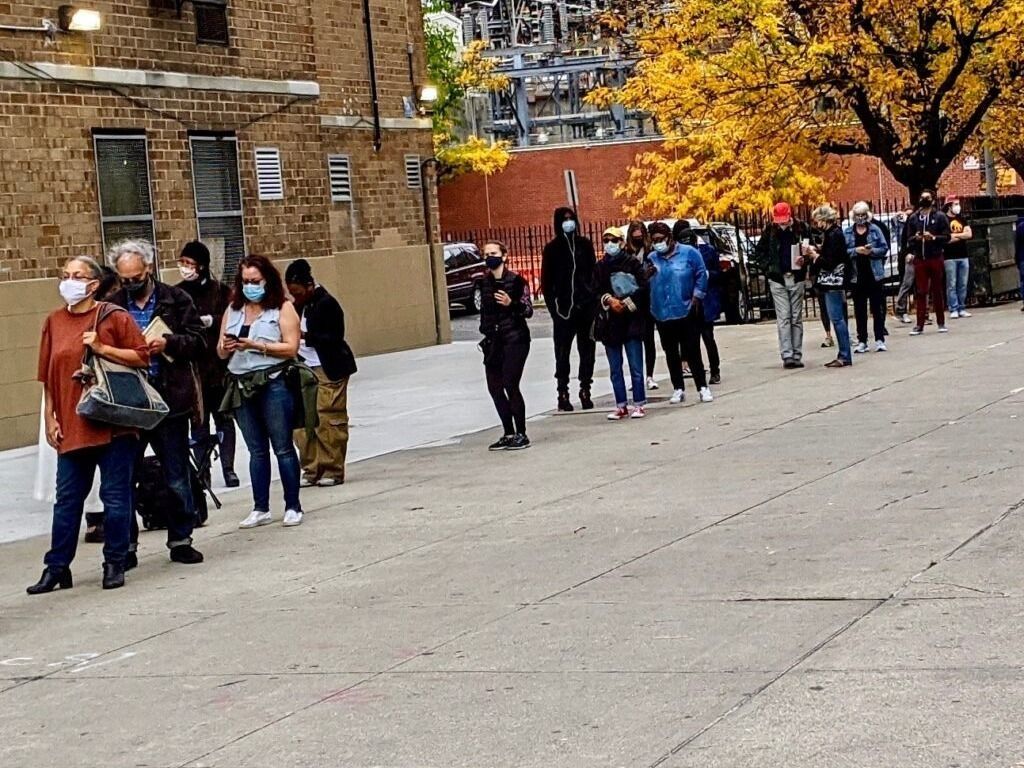WASHINGTON (AN) — International election observers praised U.S. general elections as competitive and well-managed but concluded on Wednesday that U.S. President Donald Trump's false claims of victory and calls to halt vote-counting are eroding public trust in American democracy.
"Baseless allegations of systematic deficiencies, notably by the incumbent president, including on election night, harm public trust in democratic institutions," two small teams of observers from the Organization for Security and Cooperation in Europe, the world’s largest security-oriented intergovernmental organization, said in a 24-page report on the November 3 elections.







